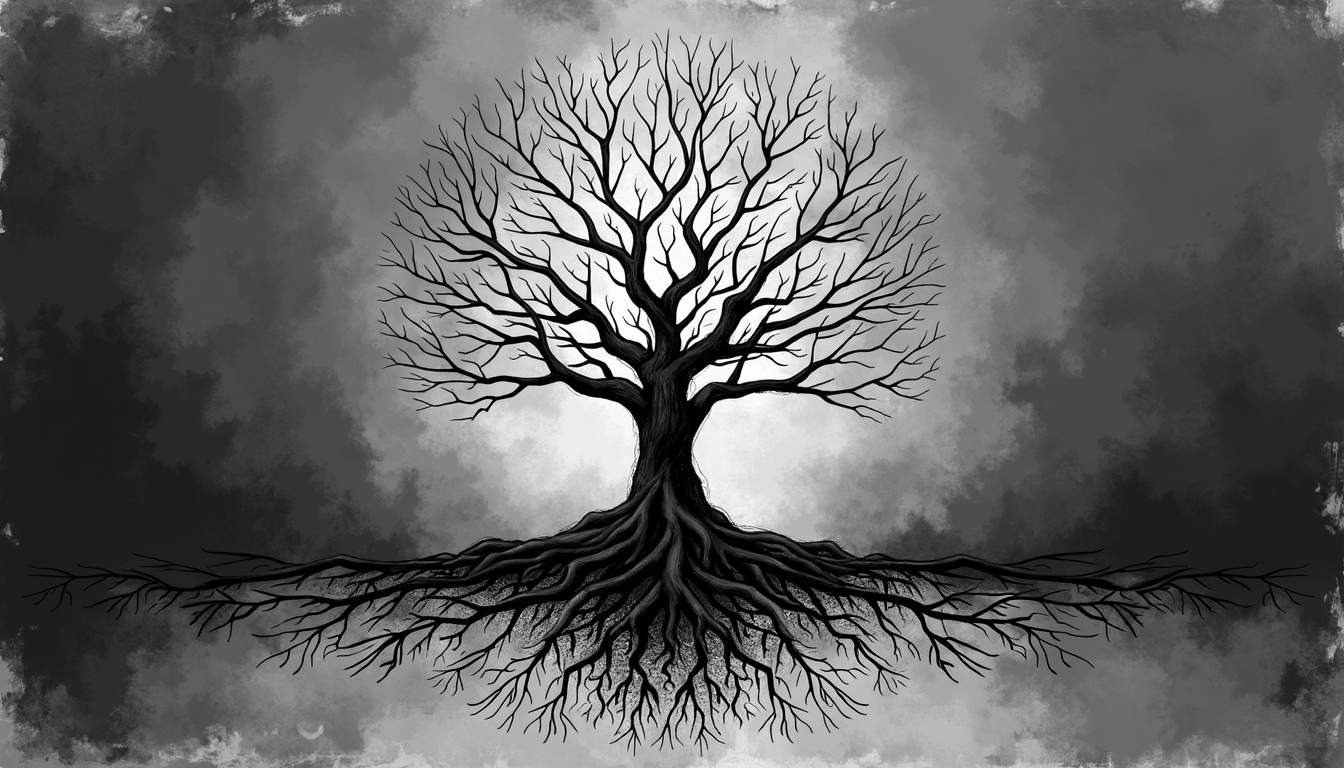The excitement is palpable as we await Femi Adebayo’s limited series, Seven Doors, which is set to premiere on December 11th, 2024, at The Film House Cinema, IMAX Lekki. This launch marks a significant cultural and cinematic milestone, with Adebayo, acclaimed actor and now director, at the helm.
- A Deep Dive into ‘Seven Doors’
- The Intersection of Blockchain and Cultural Legacy
- A Tension Between Tradition and Technology
- Technological Hurdles
- Regulatory Ambiguities
- Operational and Governance Pitfalls
- Philosophical and Conceptual Discord
- Cultural Narratives Shaping Blockchain’s Future
- Mainstream Media’s Impact
- Blockchain in Cultural Contexts
- Critically Assessing Crypto Narratives
- Future Potential and Applications
- Summary: A New Era for Culture and Technology
A Deep Dive into ‘Seven Doors’
Set in the 18th and 19th centuries in Nigeria, _Seven Doors is a six-episode historical drama that intricately weaves legacy, power, love, betrayal, and the metaphysical. The story follows King Adedunjoye, a hesitant ruler caught in the midst of political schemes and spiritual awakening. Merging both Yoruba and Igbo cultures, this series unfolds a gripping tale of redemption, sacrifice, and destiny._
The premiere event is set to be star-studded with attendees including cast members, industry stalwarts, and fans eagerly awaiting to witness the culmination of this creative endeavor. Adebayo leads an impressive cast, which includes Chioma Akpotha, Adebayo Salami, Gabriel Afolayan, Yinka Quadri, Hafiz Oyetoro, Jide Kosoko and a host of other legendary figures.
For the first time directing, Femi Adebayo presents Seven Doors, which combines elements of African heritage with engaging storytelling. This premiere promises an immersive glimpse into its visually stunning universe.
The Intersection of Blockchain and Cultural Legacy
Blockchain technology has the potential to bolster efforts in preserving and managing cultural heritage, a fundamental aspect of integrating and honoring various cultural systems. It offers a way to validate the authenticity of cultural artifacts and traditions, establishing a lasting and clear record of their history.
When considering Yoruba and Igbo cultures, blockchain can serve to:
– Safeguard and confirm the authenticity of age-old practices, stories, and artifacts.
– Craft a decentralized database that secures and maintains cultural knowledge for future generations.
The inherent decentralized and transparent nature of blockchain can promote the dissemination and accessibility of cultural information among diverse communities. This fosters cross-cultural appreciation and collaboration, as blockchain systems facilitate secure access to vital cultural resources.
A Tension Between Tradition and Technology
Blending traditional customs and blockchain technologies brings forth various conflicts and challenges, spanning technological, regulatory, operational, and philosophical aspects.
Technological Hurdles
- Scalability Issues: Public blockchains like Bitcoin and Ethereum are often slow and struggle with a high volume of transactions, which presents difficulties in high-frequency financial dealings.
- Security and Privacy Concerns: While blockchain ensures a degree of security, applications and smart contracts within the framework can be susceptible to cyber-attacks and code vulnerabilities. Transparent public blockchains further complicate by exposing all transactions to the public eye.
- Integration Difficulties: Varied blockchain systems often lack standard protocols for connecting with other blockchains or legacy systems, delaying value transfer.
Regulatory Ambiguities
- Varying Regulations: Different jurisdictions lacking clear and cohesive regulatory frameworks create uncertainty, stalling institutional integration. This fragmentation complicates compliance with assorted regulations.
- Legal Risks and Compliance Issues: Potential risks hinge on antitrust violations, smart contract enforceability, AML/KYC regulations, and protection of intellectual property.
Operational and Governance Pitfalls
- Decentralization Clashes: Blockchain’s decentralized nature can contradict the centralized systems prevalent in traditional finance, risking the stagnation of innovation.
- Governance Needs: Requirements for clear governance structures and controls surface in decentralized systems, as poor governance may affect decision-making and accountability.
Philosophical and Conceptual Discord
- Alegal Nature: Public blockchains often operate outside traditional legal systems, forcing policymakers to adapt legal structures to accommodate new technology.
- Value Conflict: Merging blockchain with traditional finance must navigate the balance between adoption and the decentralized origins of blockchain technology, which are rooted in independence and innovation.
Cultural Narratives Shaping Blockchain’s Future
Cultural narratives greatly influence the public’s perception of blockchain as a path forward:
Mainstream Media’s Impact
Media endeavors shape the perception of blockchain and cryptocurrencies. It has identified criminality, culture, politics, price, and technology as key narratives. The cultural angle, gaining prominence, signifies how deeply embedded Bitcoin and blockchain have become in popular culture. This infusion into cultural conversations eases acceptance and fosters familiarity.
Blockchain in Cultural Contexts
In the realm of culture, blockchain’s role in preserving authenticity, provenance, and rights may sway its image positively. Demonstrating blockchain’s tangible benefits enhances its cultural narrative as a force for good.
Critically Assessing Crypto Narratives
The narratives around cryptocurrencies promise financial inclusion but may misalign with the expectations of targeted communities. Such mismatches necessitate scrutiny of cultural narratives, ensuring they resonate with facts and genuine intent.
Future Potential and Applications
The resources underscore the promising future applications and advantages of blockchain technology across various sectors, highlighting the security and transparency it offers. Showcasing these practical benefits paints a favorable picture of blockchain as a transformative force.
Summary: A New Era for Culture and Technology
Blockchain, when applied thoughtfully, holds the capacity to preserve and integrate the cultural wealth of Yoruba and Igbo communities. The journey of Seven Doors serves as a glimpse into the potential of blockchain to uphold cultural heritage. As we traverse the existing challenges while exploring new avenues, the future for crypto in cultural contexts appears hopeful, heralding a new chapter dedicated to the preservation of culture.







